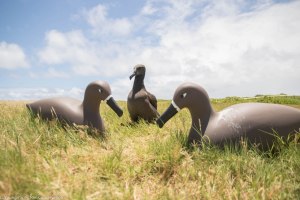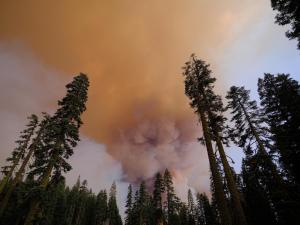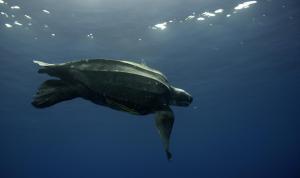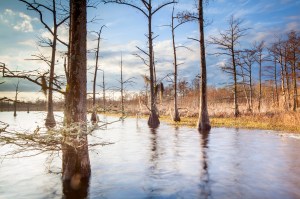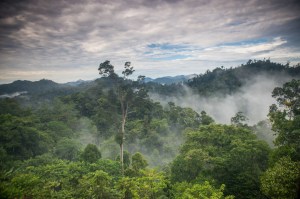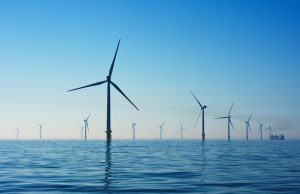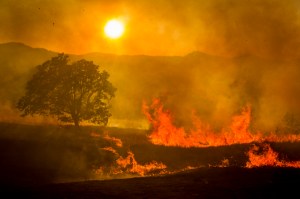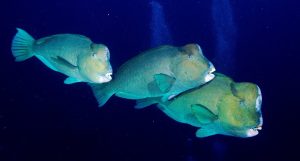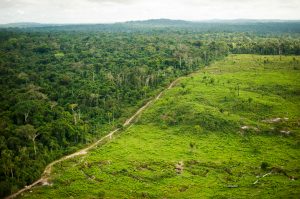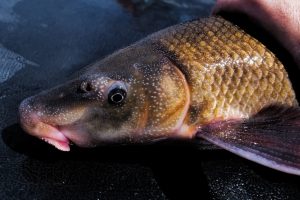Discover stories in Protect Land & Water
A New Database to Drive Seabird Conservation
A new database will help protect the world's most imperiled group of birds.
Where There’s Smoke: Wildfire, Forest Restoration and Human Health
A new paper argues forest health and human health should not be viewed as separate concerns when it comes to wildfires.
The Fight to Save Western Pacific Leatherbacks
A new monitoring effort will gather information about the world's most endangered population of leatherback sea turtle.
Protecting and Restoring the Floodplain Forest
Floodplain forests are among the most biologically rich habitats, but they’re critically imperiled.
Wildfire Resilience Treatments Work
With the western United States facing increasingly severe fires and a megadrought, active forest management offers a more resilient future.
Fossil Pollen Reveals the African Origins of Asia’s Tropical Forests
Fossil pollen reveals that the iconic tree family of Borneo's rainforests — the dipterocarps — evolved in Africa.
Savanna Fire Management Can Fund Africa’s Protected Areas
A new study finds that fire management on Africa’s savannas can generate enough carbon revenue to help fill the funding gap for protected areas.
Can Offshore Wind Development Enhance Fish Habitat?
In addition to providing clean energy, a new report demonstrates that wind turbines can also enhance fish and marine life habitat by incorporating nature-based design principles.
When Wildfire Comes to Nature Conservancy Preserves
This year, wildfire affected dozens of Nature Conservancy preserves. How did they fare?
For Parrotfish, One Protected Area Isn’t Enough
Research from the Solomon Islands finds that populations of bumphead parrotfish rely on larvae from other reefs, meaning they’re unlikely to rebound if the entire region is overfished.
Mapping Monitoring Zero-Deforestation Commitments
How do companies translate zero-deforestation commitments into action?
The End of Trash Fish
It’s time to put the idea of “trash fish” where it belongs—in the trash.
